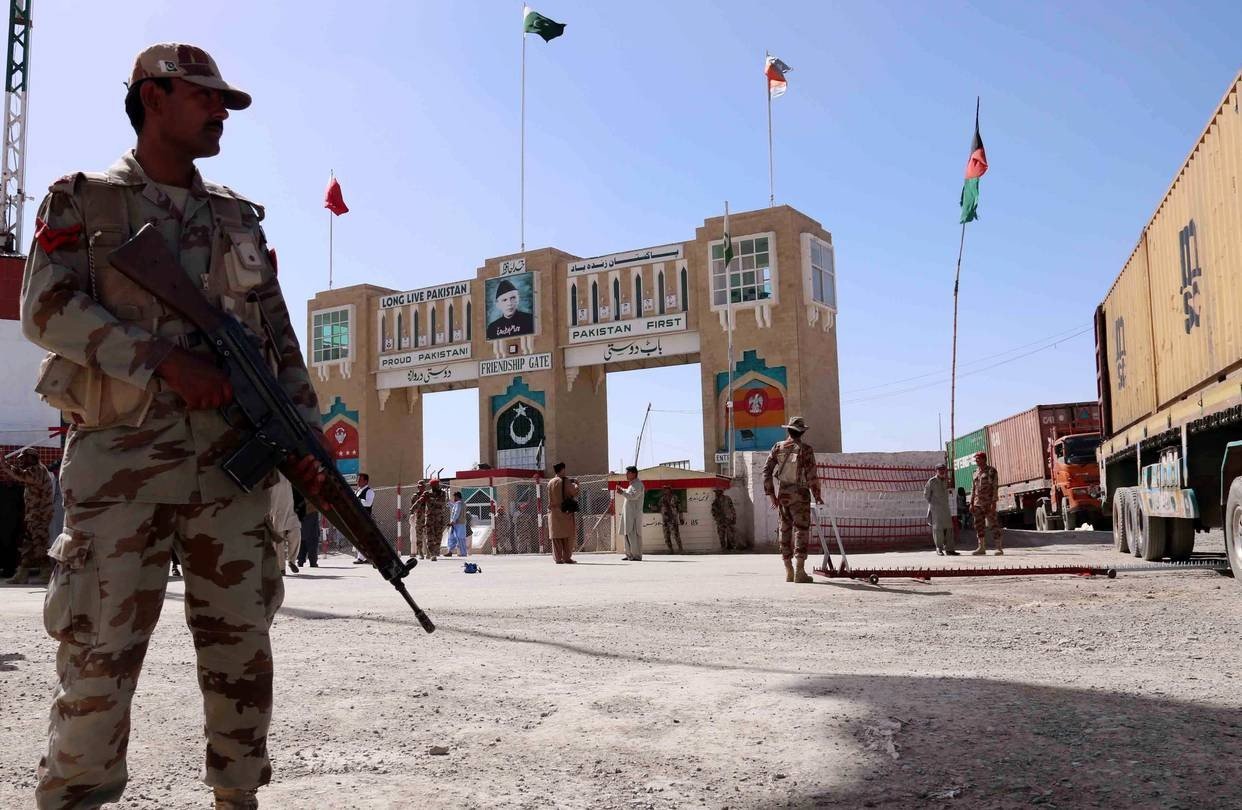
If Islamabad wants influence in Kabul it should focus on increasing trade and student exchanges

It seems that Pakistan’s policy makers have invested too much in the militant movement in the misplaced belief that the Islamist militia will once again control Afghanistan like it did in the late 1990s. The perception that Taliban will prevail this time too is reinforced by the support the militia has been receiving from other regional states.
Iran and Russia have allegedly been supporting the Taliban. China, too, might be sympathetic towards the Islamist militia. For these states, support to Taliban, either in the shape of arms or finances or even diplomacy, is not an end in itself but the means to an end; of dislodging the US-led allied forces from Afghanistan. But for Pakistan, putting all eggs in one basket is a risky venture.
Let us assume, the coalition forces withdraw from Afghanistan. Regional states have real concerns regarding Taliban as the exclusive rulers of Afghanistan. Iran, a Shia state, is wary of Taliban’s treatment of Afghanistan’s Shia minority, especially the Hazaras. It does not want an ideological Sunni fundamentalist regime in its neighbourhood.
Moscow sees in Taliban a proxy to expel the coalition forces from Afghanistan. It won’t want to see the Taliban as the regime at Kabul. Russia has real worries about the rise of religious extremism in the Russian federation and its Central Asian backyard.
China may not be supportive of a Taliban rule over Afghanistan. Beijing wants a stable Afghanistan not an impediment to Beijing’s Belt-and-Road Initiative. It would prefer a secular government to an Islamist militia. These regional states have bitter memories of an Afghanistan that was a bastion of global and regional militant organisations, such as Al Qaeda, the Islamic Movement of Uzbekistan, and the Uighurs and Chechans.
Have the Taliban changed?
Over the years, the Taliban have not changed. There is hardly any chance they would change their mindset. They are taught at madrassahs that Muslims have to spread and implement Islam throughout the world. It is obligatory for every Muslim to discharge his/her sacred duty of spreading Islam throughout the world.
For the time being, the militants might say that their regime is confined to Afghanistan. It is only a matter of time before Taliban show their true colours.
So, quitting Afghanistan in the hope of Taliban sticking to their promise of never allowing Afghanistan to become a safe-haven for global terrorists is a fundamentally flawed thinking at best.
During the presidential election in Afghanistan, the militia threatened to sabotage the process and did its utmost to kill and maim citizens and government officials.
Pakistan should revisit its Afghan policy not only because the attitude of regional states towards Taliban would shift from support to opposition after the pullout of foreign troops from Afghanistan; it should also rethink its Afghan policy because of the suicide attacks and bomb blasts in Pakistan.
After the US-led coalition attacked Afghanistan in 2001, some of the Taliban relocated to the tribal districts of Pakistan. Some among the Taliban refused to do Pakistan’s bidding and chased their own goals. Tehreek-i-Taliban Pakistan (TTP), a conglomerate of dozens of militant organisations, represents the latter.
What should Pakistan do?
Islamabad cannot achieve its foreign policy goals in Kabul by force. It is ironical to tell Americans that force is not the solution of the Afghan quagmire but sticking to use of force in your own case. Instead, Pakistan should award scholarship to Afghan students for studying in Pakistani universities, establish educational institutions and hospitals in Afghanistan and let trade flourish.
The opening of the border 24/7 is a step in the right direction. Pakistan should also drop the idea of installing Taliban in Kabul. It should persuade the Taliban to be part of the political process and contest elections.